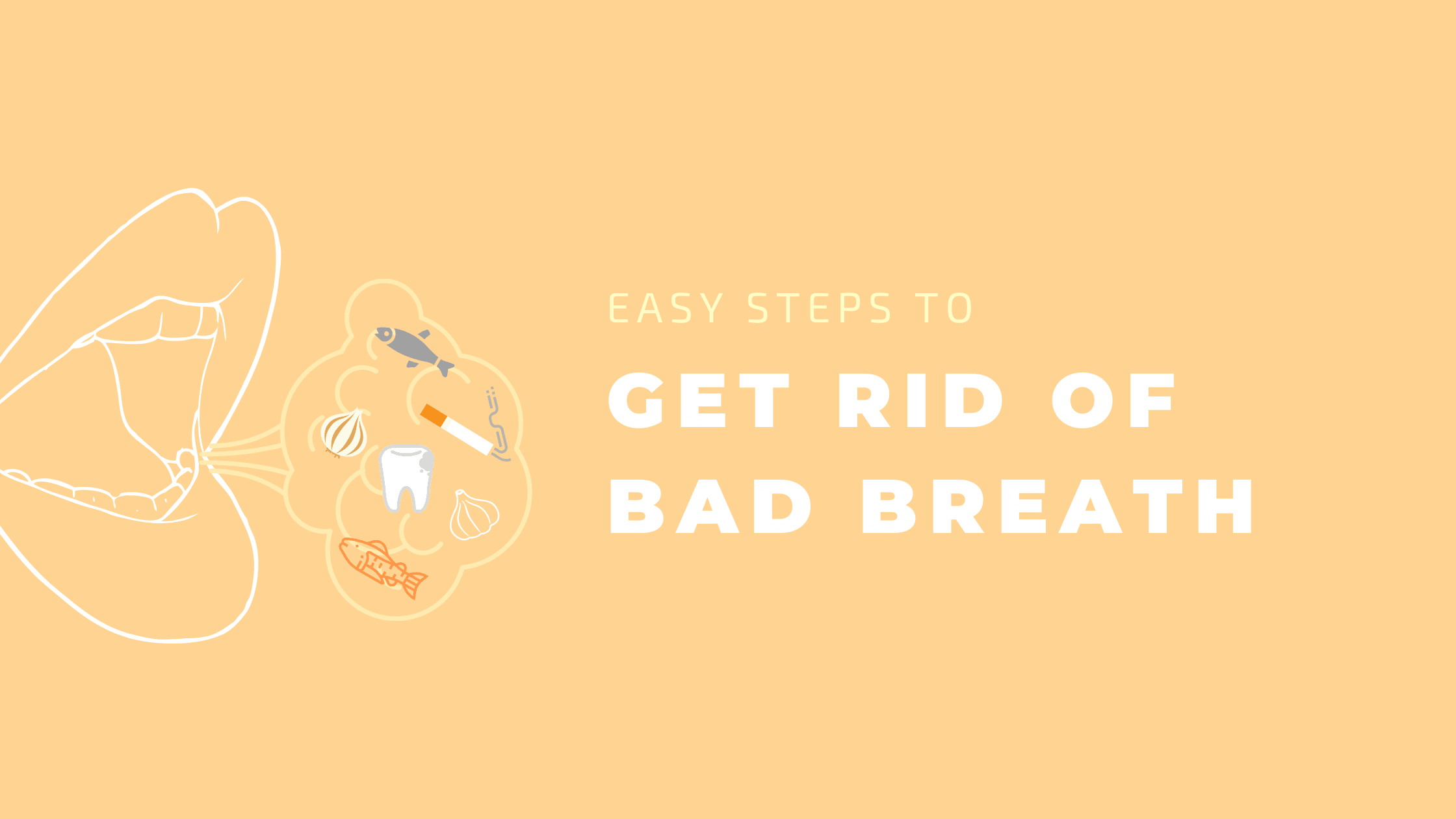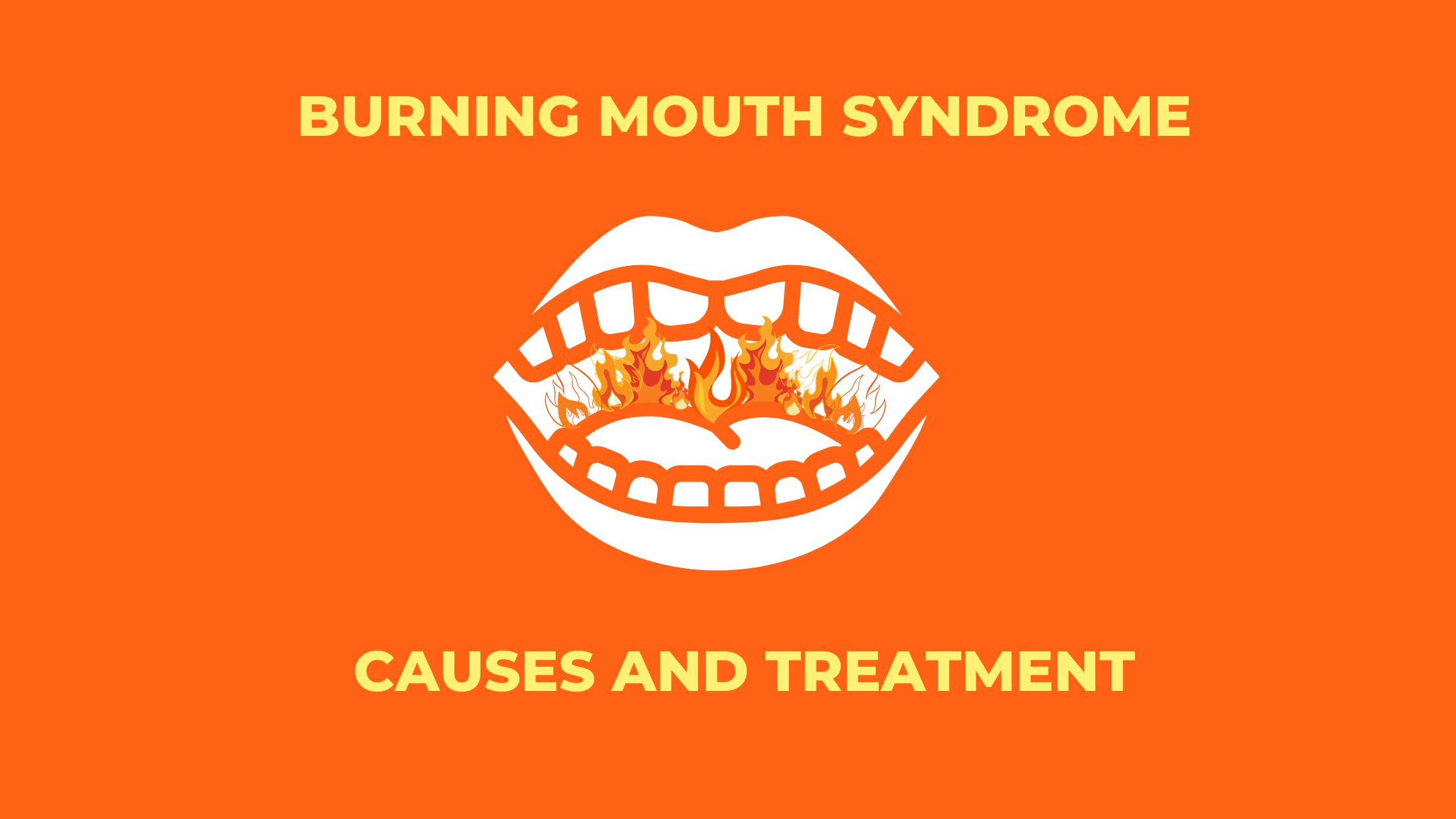
How to Get Rid of Halitosis (Bad Breath)
To say the least, bad breath can be very embarrassing, besides making it not too pleasant to be talked to or kissed. Chronic bad breath (halitosis) affects more than 90 million people, and could be a sign of serious health issues. It's important to determine the causes of bad breath before you can treat it. There are certain toothpaste that are best for bad breath. Learn common causes of bad breath and remedies in this article.
What is Halitosis
Halitosis (bad breath) is foul odor that you may or may not know is in your mouth when you speak or even come near another person, just by breathing. Adults and even children can have bad breath. It can be worse when you first wake up, after you eat certain foods or all day. This foul odor is most commonly associated with sulfur gases given off by bacteria. These types of bacteria don't need oxygen to survive and are known as anaerobic bacteria. They excrete sulfur compounds that smell like rotten eggs. These sulfur compounds (VSCs) are volatile. Some people have more of these anaerobic bacteria than others.
Causes of Bad Breath
Bad breath most likely starts in the mouth, if it's temporary. According to the American Dental Association, there are other possible causes:
- Food - Not brushing and cleaning food from your teeth and gums daily, will cause accumulation of bad breath bacteria and cause foul odor. Of course, certain foods, such as onions, garlic, coffee, alcohol and certain spices can also cause bad breath. A low carb diet that's high in protein can result in "ketone breath". This means your body is breaking down fat and not carbs for energy, releasing ketones. This chemical can cause bad breath.
- Smoking and tobacco - It's reported that not only do tobacco products cause bad breath, but increase the risk of gum disease and oral cancer.
- Dry mouth - Saliva tends to neutralize the pH of the mouth and fights back acid. Dry mouth promotes an acidic oral environment that is oxygen poor, which bacteria thrive in. Dry mouth can be a cause of bad breath, gum disease and tooth decay.
- Defective old fillings - Old fillings can trap bacteria making it hard to brush away plaque (film that harbors bacteria). Regular check ups can detect failing restorations before they turn into serious problems.
- Medications - Certain medications contribute to dry mouth, resulting in bad breath. These include allergy medications such as anti-histamines, anti-depressants, anti-anxiety, high blood pressure and migraine headaches.
- Poor oral hygiene - Brushing, flossing properly and cleaning your tongue are extremely important towards fresh breath. Make sure you're practicing daily proper oral hygiene by checking with your dentist or dental hygienist.
- Illness - Some cancers, diabetes, chronic reflux of stomach acids can also contribute to chronic halitosis. For example, ketones are a chemical released with type 2 diabetes, when your body burns fat instead of glucose. This chemical can result in bad breath. Sinusitis is an infection that can result in bad breath through drainage. Kidney disease or kidney failure may leave a metallic or ammonia taste and smell to your breath.
Not-So-Good Bad Breath Home Remedies
Most people want a quick fix to cure halitosis, and for good reason. There are many bad breath solutions depending on the cause. Breath aids, chewing gum, toothpaste and mouthwash can give you a temporary, and quick relief for bad breath. Few halitosis home remedies include the following. These are not the best options for curing your bad breath:
- Using hydrogen peroxide on a daily bases. Frequent use of hydrogen peroxide is not advised. Hydrogen peroxide is only used for treatment of a specific condition called Acute Necrotizing Ulcerative Gingivitis (ANUG). This condition is also called "trench mouth" or Vincent's Angina. ANUG involves certain bacteria that if left untreated, will cause severe pain with bone and gum disease. Using hydrogen peroxide daily to kill bad breath may cause sloughing of soft tissue.
- Other home remedies to kill bad breath include making your own toothpaste or mouthwash. Baking soda by itself is often touted as a great homemade toothpaste. Not only does it taste unpleasant, but it can be too abrasive and cause sensitivity.
- You may have read about certain herbs to sooth your stomach. Some may be valid, others may be just a gimmick.
- Dental products can help you stop bad breath or be one of the reasons for bad breath. For example, alcohol in mouthwash can dry the mouth and contribute to bad breath. Sure, it gives you that initial zap of flavor and masking of bad breath problems, but that only lasts for about two hours max, according to reports. The best mouthwash or mouth rinse, is a natural alcohol-free mouthwash.
How to Get Rid of Bad Breath
Changing your habits that contribute to chronic halitosis is very important. These include:
- Stop using all tobacco products, including smoking and chewing tobacco. Tobacco products are highly addictive. If you can't stop this notorious habit, seek help.
- Garlic and certain other food are known to be absorbed and difficult to eliminate the odor, unless you stop eating them, such as raw garlic. Other pungent food include chives and onions. Even brushing right after eating raw garlic may not get rid of the odor.
- Odor-causing anaerobic bacteria love alcohol and coffee. Either reduce their consumption or eliminate them.
- Eat fresh vegetables and fruits that are low-glycemic. Apples and berries are some examples that are high in vitamin C and anti-oxidants which fight harmful bacteria.
- Keep your mouth hydrated. Avoid mouthwash with alcohol and drink plenty of water. Use an alcohol free breath spray during the day for quick hydration and help with bad breath.
Ways to Find if You Have Bad Breath
To determine if you have bad breath, simply ask a friend, parent or loved one, such as your spouse. Don't get your feelings hurt, if they say yes. This is what you need to know to help get rid of bad breath. Your dentist is another good source to find out from.
How to Prevent Bad Breath
If you've had a dental examination, and been told your bad breath problem is your home oral hygiene routine, then read on. Follow the simple 7 steps below, and you will soon be smooched many times over:
1. Rinse with a natural alcohol-free mouthwash.
2. Floss in between each tooth (yes, floss before brushing), curving it around the tooth and taking it gently under the gum tissue.
3. Brush every side of every tooth with fluoride and SLS-free toothpaste.
4. Clean your tongue with your toothbrush or tongue cleaner. The bacteria responsible for bad breath accumulate on the back of the tongue. This is why it's so important to clean your tongue.
5. In-between meals chew Cleure xylitol chewing gum for bad breath. Not only will it help remove food particles, but it helps prevent tooth decay.
6. Get regular dental check ups.



Leave a comment
This site is protected by hCaptcha and the hCaptcha Privacy Policy and Terms of Service apply.